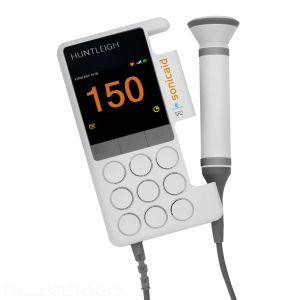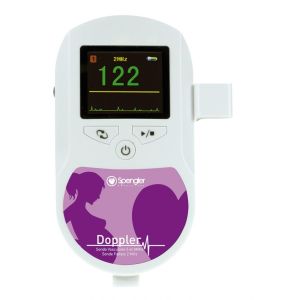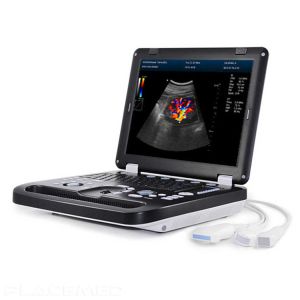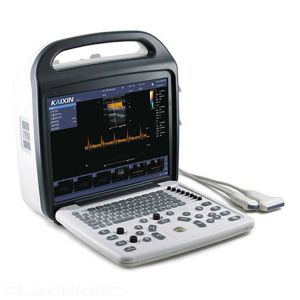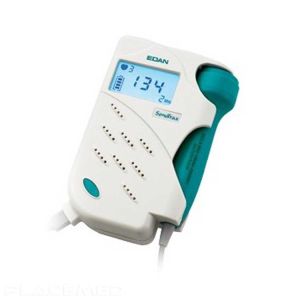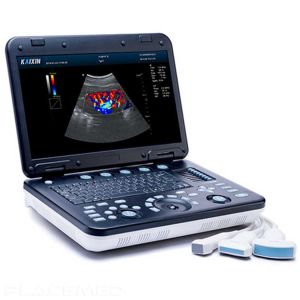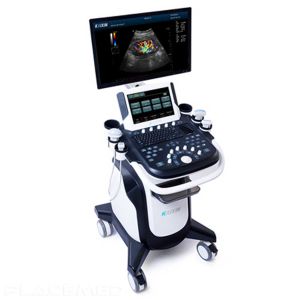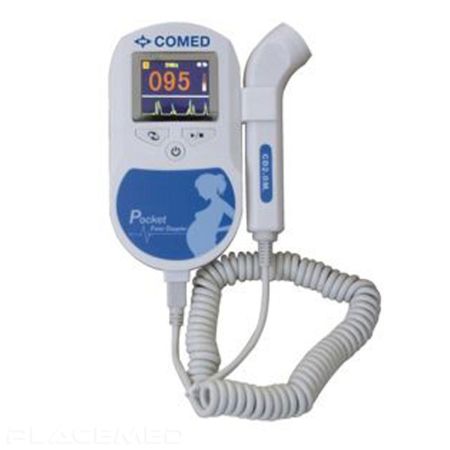
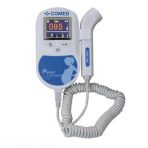
Fetal and Vascular Doppler PRO - Precise and Versatile Monitoring
Discover the precision and versatility of the Fetal and Vascular Doppler PRO, featuring a color LCD screen and a comprehensive range of features for reliable monitoring.
- Displays heart rate, pulse wave, and more
- Includes 3 Mhz probe, carrying pouch, and batteries
- Compatible with 5 and 8 Mhz probes for vascular use
- Exceptional accuracy of +/- 2 bpm
- One-year warranty for complete peace of mind
Certified professionals
Secure transactions
| SKU | CM 23 300 20 |
|---|---|
| EAN |
ND
|
| Brand | COMED |
Description - Fetal and Vascular Doppler PRO - Precise and Versatile Monitoring
The Fetal and Vascular Doppler PRO is an ideal choice for healthcare professionals seeking a reliable and versatile solution for fetal and vascular monitoring. Equipped with an intuitive color LCD screen, this device clearly displays heart rate, pulse wave, signal strength, battery charge indicator, and more. Remarkable adaptability with 5 and 8 Mhz probes for extended vascular use, offering an accuracy of +/- 2 bpm. Included in the pack are a 3 Mhz probe, a convenient carrying pouch, and two LR06 batteries, making the Fetal and Vascular Doppler PRO a dependable investment for precise and secure tracking.
 Francais
Francais 

